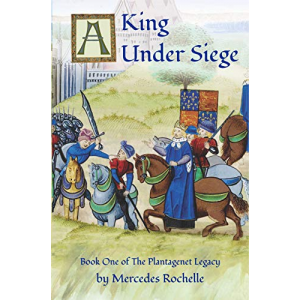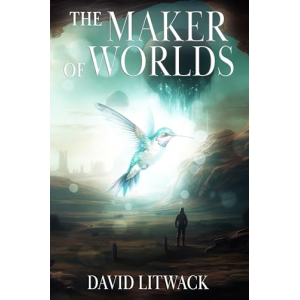- Author
- Book
- Story behind the book
- Media Links
- Reviews

Victoria Twead
About
About Victoria Twead:
Victoria Twead nagged her long-suffering partner, Joe, into moving from England to Spain in 2004. They settled into a tiny mountain village in Andalucía, became reluctant chicken farmers and ended up owning probably the most dangerous cockerel in Spain.
Woven into the chapters are a number of Spanish recipes given to Vicky by the village ladies.
Victoria’s hilarious record of their culture shock and life with the villagers is told in her two books, Chickens, Mules and Two Old Fools and Two Old Fools - Olé! These charming, beautifully written books will have you laughing one minute, holding back tears the next, and finally reaching for your saucepan.
Awarded the HarperCollins Authonomy 'Gold Star'.
HarperCollins wrote: ‘laugh-out-loud funny...especially the Spanish women heckling over eggs from “The English”...hilarious...engaging... the interspersion of recipes is charming’.
Karen Wheeler, author of 'Tout Sweet: Hanging Up My Heels For A New Life In France' wrote: “Andalucía as it’s never been done before - a very quirky, funny and enjoyable tale - loved the subtle humour, Olé!”
Justin Aldridge, Eye on Spain, wrote: "I absolutely loved it! Funny, honest and impossible to put down."

My Little Angel Coloring Book
Description
<p>Does your child have a Guardian Angel?</p><p>Share a day in the life of a little girl whose tiny guardian angel named Angela sits on her shoulder to keep the child safe and guide her through the day.</p><p>Her activities include getting the girl ready for school, crossing the street, being polite and kind to friends, learning her lessons, fastening her seatbelt while traveling, being aware of stranger-danger, praying for her pets, and reminding her constantly that she is loved.</p><p>Once again social values are emphasized in this latest illustrated children's coloring book by award-winning author Sherrill S. Cannon. This is the author's third rhyming children's coloring book.</p><p>Meet many classroom friends from the author's previous books, as My Little Angel Angela guides this child throughout her day.</p><p>The author says, "This book is dedicated to our oldest son, who lost his battle with cancer in August 2021. He is my Special Angel."</p><p><strong>About The Author:</strong> Sherrill S. Cannon is the author of 10 award-winning children's books that have won nearly 100 awards (and counting), including Santa's Birthday Gift, Peter and the Whimper-Whineys, The Magic Word, Gimme-Jimmy, Manner-Man, My Fingerpaint Masterpiece, Mice & Spiders & Webs...Oh My!, The Golden Rule, My Little Angel and David's ADHD, as well as two award-winning poetry books, A Penny for Your Thoughts, and A Dime is a Sign. Her other two coloring books are Peter and the Whimper-Whineys Coloring Book and The Golden Rule Coloring Book. She is also a playwright, with seven published and internationally performed plays for elementary school children. A former teacher, the author's goal in each of her books is to teach good manners as well as caring for others.</p>
Story Behind The Book
Archibald Edmund Filby, proclaimed “the World’s most travelled motorist”, was my uncle. He died before I was born and my father, naturally taciturn, rarely discussed his older brother. My parents died in 1993, and I inherited a strange-looking and aged manuscript. Without looking inside, I filed it away for future consideration. I had, after all, my own young family to raise and it would be another 20 years (80 since the expedition) before the manuscript would again see the light of day. "Look what I found!" I said excitedly to Joe, brandishing the manuscript. We’d already collaborated in other books I’d written; Chickens, Mules and Two Old Fools and its sequels. “I guess I’d better start typing,” muttered Joe. Three months later, he had transcribed the four hundred-page document. The result is a book that reveals a bygone age. The British Empire was in decline but remnants remained. The ‘All-Red’ route, to which Archie frequently refers, indicates the red colour cartographers used to denote British-controlled countries on maps. Attitudes in those days were very different and often shocking. For instance, big game hunting was popular. Archie refers to adult Africans as 'boys' or 'natives'. On one occasion an Egyptian guard is treated with unconscionable thoughtlessness, which would horrify us today. Despite this, Archie’s affection and respect for the indigenous populace cannot be disputed. He is clearly fascinated by the languages, customs and cultures of the African tribes he encountered - from pygmies in the Congo to the Masai in Central Africa. We changed nothing of the original manuscript. It is exactly as Archie typed it in 1938, undoubtedly at the behest of his newly-wedded wife, Miss Fay Taylor, also a writer, whom he met following a radio broadcast he made from London. Sadly, their marriage was to become a tragic love story, described in the last pages of this book.






